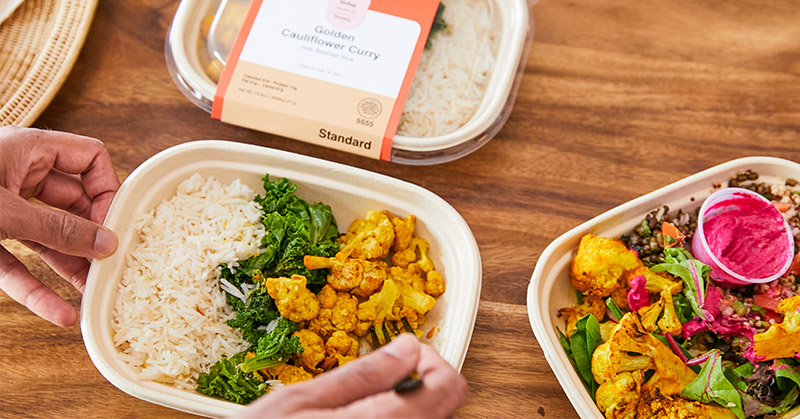Assuming That Vegan or Vegetarian Products Are Automatically Healthier
Sadly, a food item's labeling as "vegetarian" or "vegan" does not always imply that it is healthier than the standard option. For instance, vegan diets frequently include almond milk, popular plant-based milk.
Almond milk is low in calories and fortified with a number of significant vitamins and minerals, but it does not necessarily mean it is better for you than cow's milk. For example, 1 cup (240 ml) of low-fat cow's milk has 8 grams, compared to 1 gram in the same amount of unsweetened almond milk. One cup of sweetened almond milk has 16 g of sugar, which is a substantial amount of added sugar. Other vegetarian products, such as soy-based veggie burgers, nuggets, and meat substitutes may have a large list of artificial ingredients and are highly processed. They are therefore frequently no healthier than other processed non-vegetarian foods. Despite being vegetarian, these goods frequently have high-calorie counts and are deficient in the protein, fiber, and nutrients that make up a healthy meal. While these products could make switching to a vegan or vegetarian diet easier for you, it's preferable to combine them in moderation with a diet rich in nutritious, whole foods.












